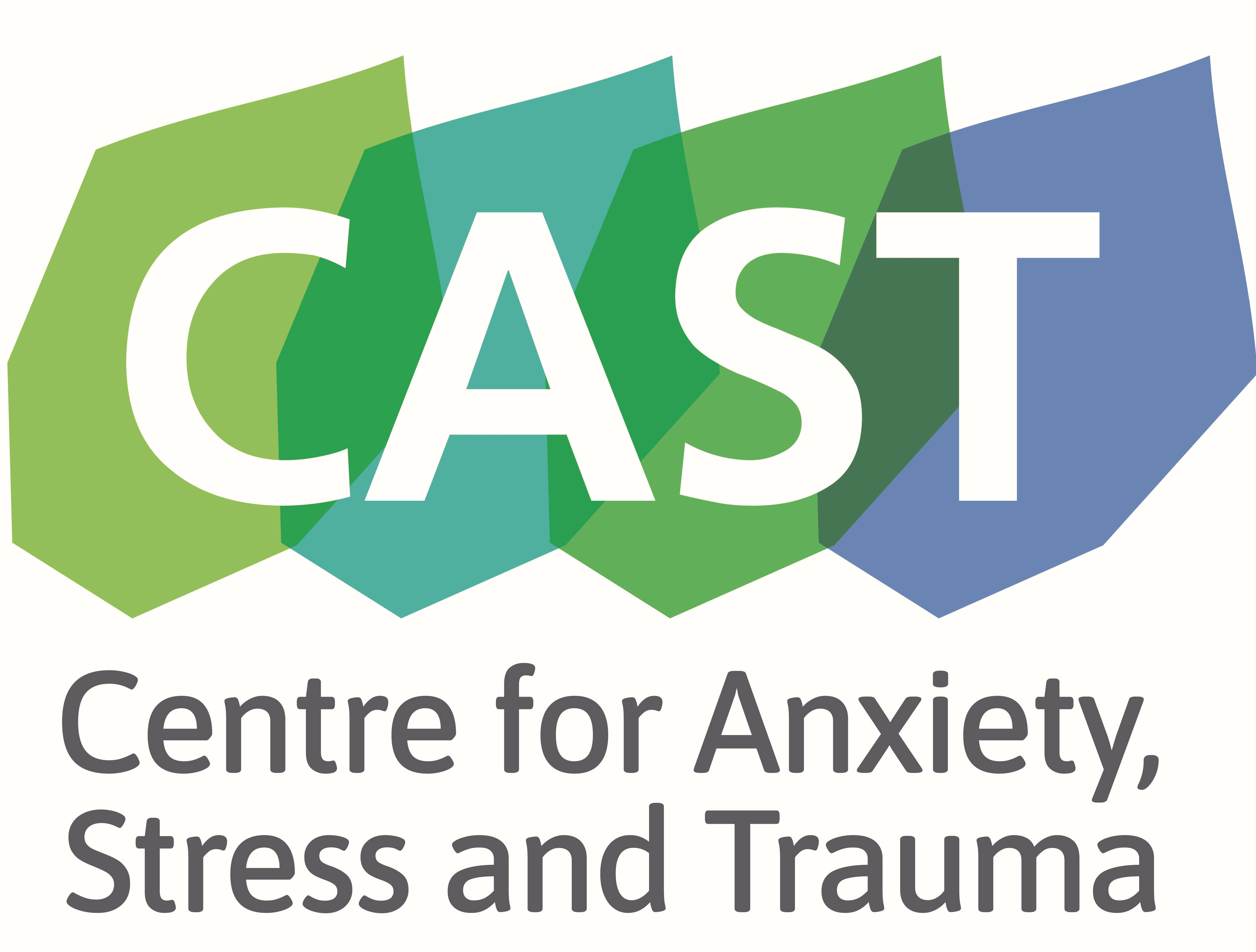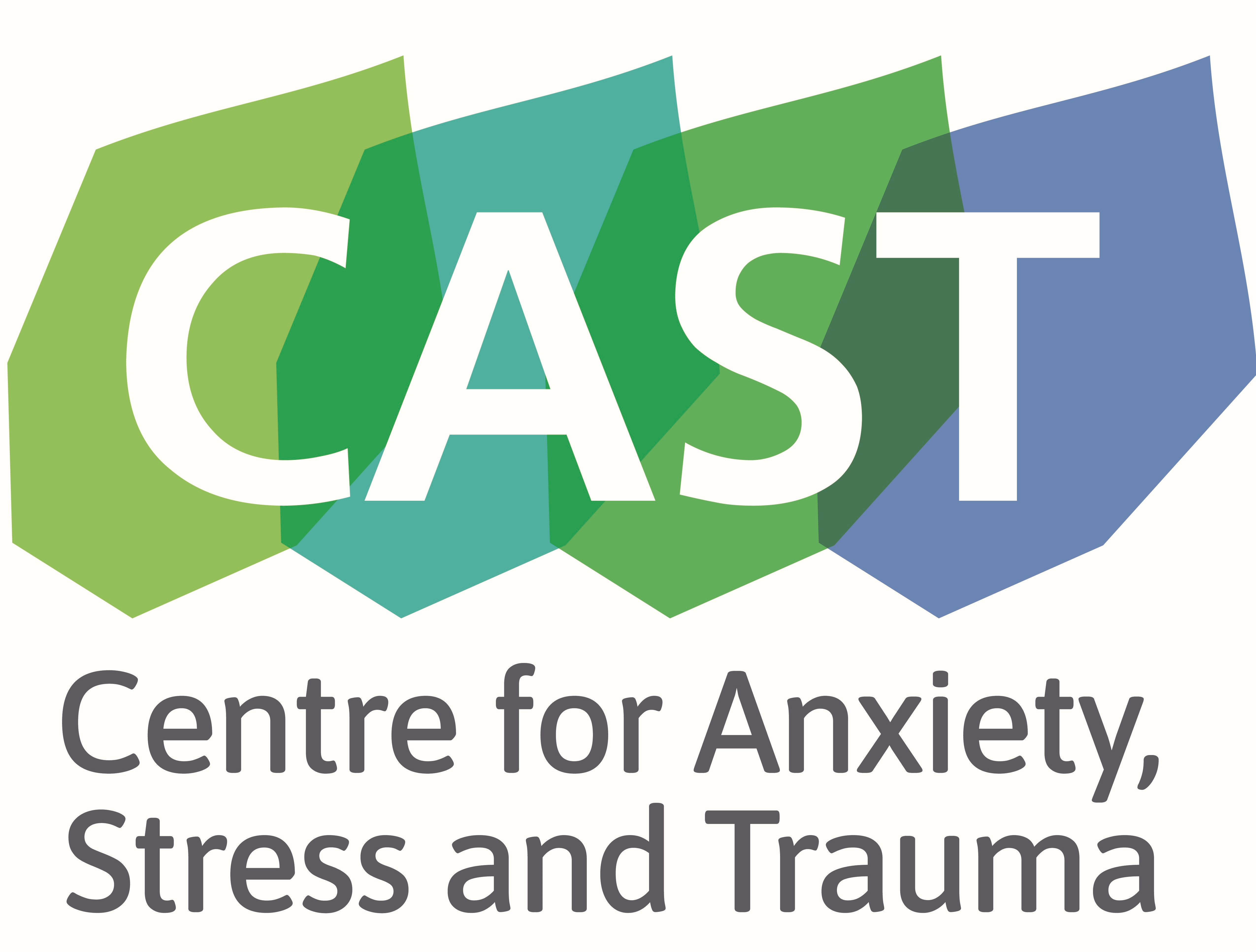
The speed of the fall of Kabul took everyone by surprise. Thousands rushed to Kabul airport to try to get on hastily arranged international relief flights. There were chaotic scenes. National governments and relief agencies struggled to meet and process evacuees when they arrived at short notice. Many Afghans fled by land into neighbouring countries, some making their way west, many remaining where they fled.
Flights from Kabul arrived at many UK airports, particularly Heathrow. CAST staff were involved in the initial response at Heathrow Airport with other NHS staff from a range of organisations. The evacuation took place during the COVID-19 pandemic and many Afghans were placed in quarantine hotels and had to be visited to check on their health and wellbeing.
A very large number of displaced Afghans, over 1200, were placed in hotels in the London boroughs of Kensington and Chelsea and Westminster. CAST received funding from North West Thames NHS ICS to assess their mental health needs and to try to find ways of helping them. CAST formed a close partnership with the two local authorities and with local voluntary sector partners. The programme was difficult, time was short, migrants were being moved at short notice to other parts of the country and new ones arriving, the NHS had waiting lists for mental health services and many Afghans did not speak English. There was a shortage of trained staff with trauma experience and little money to pay for them.
We decided to screen Afghans in the hotels, going door to door, for trauma and other mental health problems but also to establish their other needs. We used assistant psychologists, paid on an overtime basis (residents were usually only in hotels in the evenings and weekends) to carry out assessments and stabilisation. We were also able to use interpreters who were used to working with traumatised people with a local refugee service. We provided training and supervision.
CAST reached 740 Afghans and obtained 411 trauma screens. Overall 25% of adults, 25% of children 8 and under and 41% of young people 8-18 had probable PTSD on standard trauma screens (the TSQ/CRIES/YCPS). We were able to offer stabilisation (which reduces distress and trauma symptoms but does not replace expert treatment). We referred 59 individuals to NHS
services and were able to put correspondence and notes into the records of other individuals who were being moved to new areas so that their new GP would be able to refer on locally. We also dealt with a lot of other issues which came out during screening, family issues, problems accessing education, loneliness, problems with cultural adjustment, even a case of domestic violence and a woman late in pregnancy unknown to local maternity services.
The proactive approach was low cost, avoided many referrals to already overwhelmed services, made the best use of available human resources, could be planned and delivered quickly and ensured that many people who would otherwise have been missed got the services they needed. The partnership with local authorities and voluntary sector organisations showed the efficiencies that could be achieved with cross-agency working.

Contact
If you have a question or would like to work with CAST email us at contact@castcentre.org
Quick Links: People | Our Approach | Research & Practice | Contact us
© All content Centre for Anxiety, Stress and Trauma (CAST)
